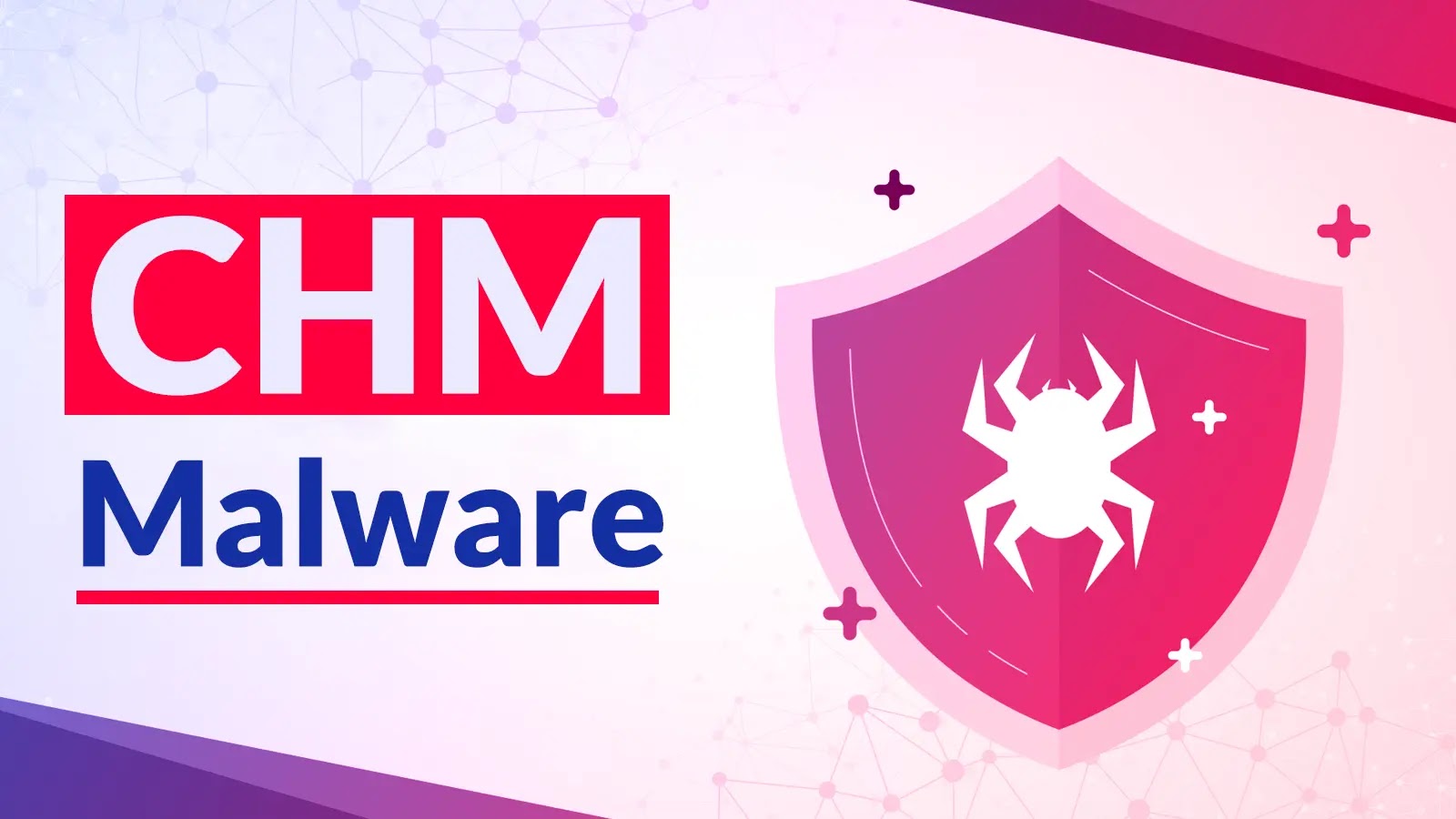Hackers Using Weaponized Shortcut Files To Deploy CHM Malware

Hackers exploit the weaponized shortcut recordsdata attributable to their ability to attain malicious code with out shimmering the particular person being focused.
Shortcut recordsdata are usually successfully-known and broadly dilapidated, and attributable to this, they provide an even platform for deploying malware.
The use of those harmless shortcuts is never any doubt one of the most ideal suggestions for hackers to bypass security tests and force victims to form their programs weak.
Cybersecurity researchers at ASEC lately found that hackers were actively abusing the the weaponized shortcut recordsdata to deploy CHM malware.
Technical Diagnosis
AhnLab detected a Korean CHM malware that is currently stealing particular person recordsdata and is being allotted to Korean targets. This follows the trend of malware being delivered in diversified formats like LNK, DOC, and OneNote by the an identical actor.
Free Webinar : Dwell API Attack Simulation
94% of organizations abilities security complications in manufacturing APIs, and one in five suffers a recordsdata breach. Due to this, cyber-attacks on APIs increased from 35% in 2022 to 46% in 2023, and this trend continues to rise:
Key Takeaways:
- An exploit of OWASP API High 10 vulnerability
- A brute force ATO (Story Takeover) attack on API
- A DDoS attack on an API
- Certain security mannequin automation to forestall API attacks
Delivery up retaining your APIs from hackers
Though your entire execution bolt depends on a couple of scripts for stealing particular person recordsdata and keylogger recordsdata as ahead of, some newest samples showcase minor diversifications in how they purpose.
In earlier activities of this community, there had been conditions when such malicious objects took the form of HWP paperwork and even gave the influence of compensation types, North Korea-associated questionnaires, or press releases on diversified subject matters.
.webp)
Upon executing the CHM file, a succor file shows whereas simultaneously working a malicious script that creates and launches Link.ini in “%USERPROFILE%Links”.
.webp)
The Link.ini connects to a URL (changed from “list.php?query=1” to “bootservice.php?query=1”) containing a Base64 encoded script.
This decoded script, beforehand analyzed, exfiltrates particular person recordsdata, creates a malicious script file, and will get registered as a provider beneath “%USERPROFILE%AppDataLocalMicrosoftHome windowsNon permanent Internet FilesOfficeUpdater_[time].ini”. It’s scheduled to urge every 60 minutes robotically.
Right here beneath we now have mentioned your entire kinds of recordsdata exfiltrated:-
- Machine Files
- List of Files within the Folder
- Files on Currently Working Processes
- Anti-malware Files (Code Handiest, No longer Performed)
A URL that the periodically working provider connects to runs a Base64 encoded malicious script, the “list.php?query=6” changed to “bootservice.php?query=6”.
This finds an encoded script that uses PowerShell to join to but some other URL with “InfoKey” and encoded recordsdata as parameters.
A PowerShell script hosted on the URL decodes and then executes an obfuscated find string payload.
The attacker has begun the use of advanced obfuscation suggestions which would perchance be more evolved than most known conditions of simpler deobfuscation suggestions equivalent to decompression or base64 because it is now that you may maybe presumably presumably mediate for attackers to hide beneath with out bother on hand detectors.
The final decoded payload carries out keylogging, where it saves the captured keystrokes and clipboard recordsdata in ‘%APPDATA%MicrosoftHome windowsTemplatesOffice_Config.xml’ ahead of sending it to the attacker’s server and erasing the file.
Though the general execution of this attack is no longer recent, newest samples have produced critical more advanced obfuscation suggestions, which potentially signify an improved beget of evasion by a single community accountable for outdated campaigns.
Since this malware impacts most efficient Korean customers, they must tranquil be additional careful no longer to open recordsdata from untrusted or suspicious sources.
IOC
- b2c74dbf20824477c3e139b48833041b
Source credit : cybersecuritynews.com


